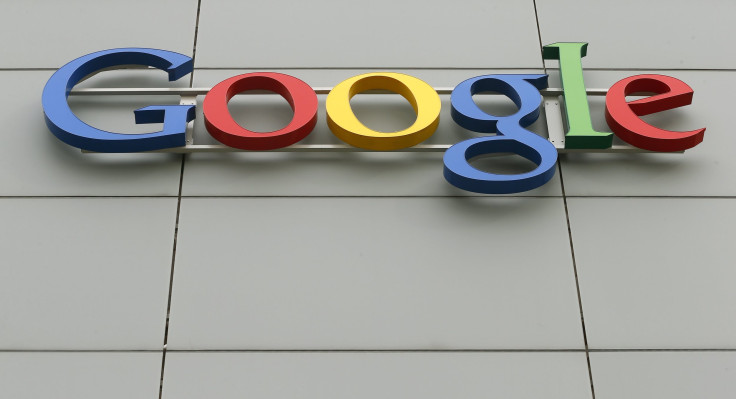Google recognises dominance of mobile computing with new Android and Chrome hybrid

Google is making headlines once more as reports of an upcoming Android and Chrome hybrid surface. Sources familiar on the matter hinted that the company wants to fold Chrome into Android in light of the realisation that mobile computing will be dominating the industry fast.
In an earlier report by The Wall Street Journal, unidentified sources claimed that Google has been working on the combining its operating systems for two years now. According to them, the company wants the product released by 2017, although an initial version may be released in 2016. Google reportedly wanted to pursue the market on both ends because it does not know which one will succeed.
According to the report, the company now recognises that the difference between Chrome and Android is no longer relevant. Also, the decision can also be seen as Google's way to expand Android's usage further. The mobile OS is already running on mobile phones, tablets, televisions, watches and car systems. Android's base will increase further if laptops and personal computers can be added to the mix. Chrome will retain its name for the sake of the Internet browser in spite of the plans.
“Right now we don’t have strong interest in developing for Chrome OS. The market size is relatively small,” Wall Street quoted Alex Davis, an engineering manager who works on app development at home-sharing service Airbnb. He said that Google's decision to fold to Android can be good for the company given that the platform is "so ubiquitous and so many people are used to using it.”
Google remains mum on the issue. Hiroshi Lockheimer, new senior vice president of Android and Chrome OS, expressed his support for Chrome OS amidst reports. According to his tweet:
There’s a ton of momentum for Chromebooks and we are very committed to Chrome OS. I just bought two for my kids for schoolwork!
— Hiroshi Lockheimer (@lockheimer) October 30, 2015
The support comes against the report from WSJ, although the executive did not refute any of the claims on the matter. Contradicting reports surfaced following the hint, but according to Ars Technica, regardless of what Google wants to do, working on a three-OS lineup can be messy. It can also be a point of confusion for customers. There is still the existing fragmentation and OEM issue regarding Android. Google will have to find a way to stop its products from competing against each other.
Contact the writer at feedback@ibtimes.com.au, or let us know what you think below.





















